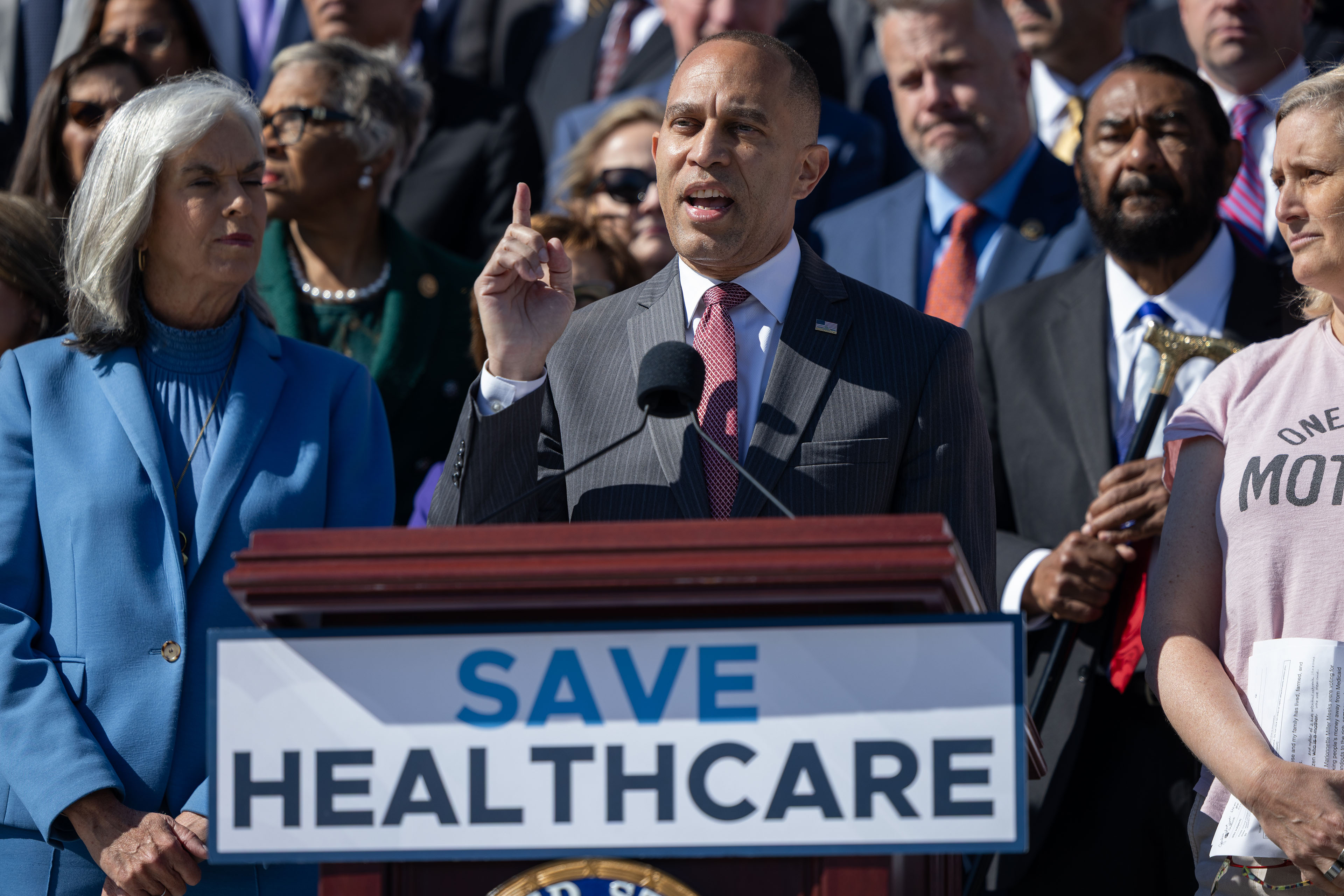KFF Health News: Congressional Stalemate Creates Chaos for Obamacare Shoppers
This year, Affordable Care Act marketplace consumers will need to be more informed than ever to navigate their health coverage choices.
The independent source for health policy research, polling, and news.
The ACA Marketplace Open Enrollment season begins November 1, and with it comes looming changes to the enhanced premium tax credits, increases in out-of-pocket premiums, and changes to Marketplace enrollment and eligibility rules.




Choose which emails are best for you.
Sign up here